Lessons Learned From The Use Of The Machine Gun During The Russo-Japanese War
Nonfiction, History, Military, World War I, Germany, British| Author: | LCDR Daniel J. Kenda | ISBN: | 9781782896685 |
| Publisher: | Verdun Press | Publication: | August 15, 2014 |
| Imprint: | Verdun Press | Language: | English |
| Author: | LCDR Daniel J. Kenda |
| ISBN: | 9781782896685 |
| Publisher: | Verdun Press |
| Publication: | August 15, 2014 |
| Imprint: | Verdun Press |
| Language: | English |
Dr. Richard Gatling invented the world’s first practical machine gun in 1862. Between that weapon and subsequent improved designs, the world’s armies had roughly 50 years to adopt the machine gun and perfect its employment before it helped wreak the carnage of World War I. However, for some reason or combination of reasons, none of the armies of the day saw fit to do so. This thesis explores the potential explanations behind this phenomenon by using the Russo-Japanese War as a case study. The Russo-Japanese War should have demonstrated to the world how the machine gun fundamentally altered the conduct of land warfare, especially since the major world powers all sent military observers to report on the war’s events. This thesis will show, however, that because of a complex combination of the prevalent military tactical culture, bureaucratic pragmatism and logistical concerns, the five major protagonist armies of World War I generally failed to apply the lessons they learned about machine-gun employment from the Russo-Japanese War and as a result were completely surprised by the weapon’s impact on the battlefield ten years later.
Dr. Richard Gatling invented the world’s first practical machine gun in 1862. Between that weapon and subsequent improved designs, the world’s armies had roughly 50 years to adopt the machine gun and perfect its employment before it helped wreak the carnage of World War I. However, for some reason or combination of reasons, none of the armies of the day saw fit to do so. This thesis explores the potential explanations behind this phenomenon by using the Russo-Japanese War as a case study. The Russo-Japanese War should have demonstrated to the world how the machine gun fundamentally altered the conduct of land warfare, especially since the major world powers all sent military observers to report on the war’s events. This thesis will show, however, that because of a complex combination of the prevalent military tactical culture, bureaucratic pragmatism and logistical concerns, the five major protagonist armies of World War I generally failed to apply the lessons they learned about machine-gun employment from the Russo-Japanese War and as a result were completely surprised by the weapon’s impact on the battlefield ten years later.
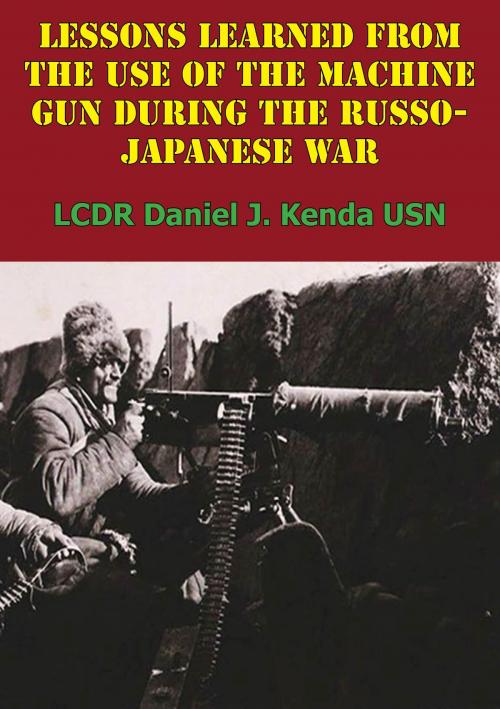


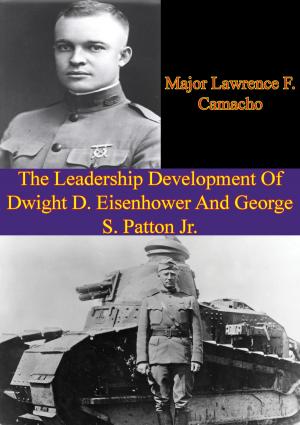

![Cover of the book Panzer Leader [Illustrated Edition] by LCDR Daniel J. Kenda](https://www.kuoky.com/images/2015/november/300x300/9781782893028-AAEW_300x.jpg)
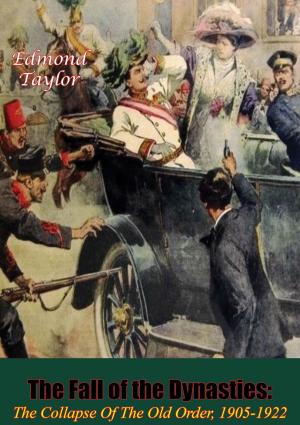
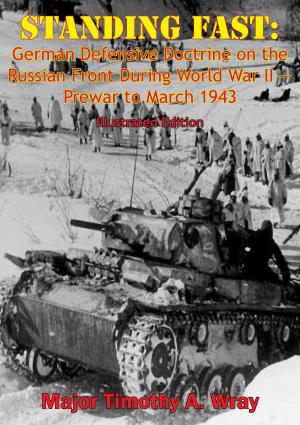
![Cover of the book The History Of The Canterbury Mounted Rifles 1914-1919 [Illustrated Edition] by LCDR Daniel J. Kenda](https://www.kuoky.com/images/2014/june/300x300/9781782892465-b3yA_300x.jpg)
![Cover of the book The Fifth Army In March 1918 [Illustrated Edition] by LCDR Daniel J. Kenda](https://www.kuoky.com/images/2014/august/300x300/9781782894834-9qa1_300x.jpg)
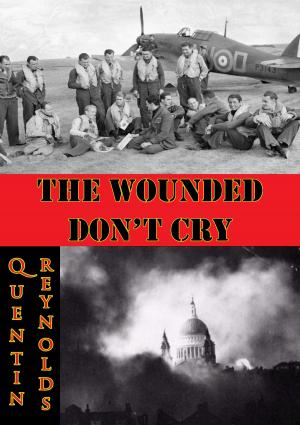
![Cover of the book NEW ZEALAND DIVISION 1916-1919. The New Zealanders In France [Illustrated Edition] by LCDR Daniel J. Kenda](https://www.kuoky.com/images/2014/june/300x300/9781782892427-VkWo_300x.jpg)
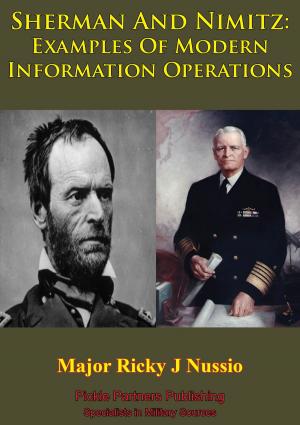

![Cover of the book Marines In World War II - Saipan: The Beginning Of The End [Illustrated Edition] by LCDR Daniel J. Kenda](https://www.kuoky.com/images/2014/august/300x300/9781782892830-qrzB_300x.jpg)
